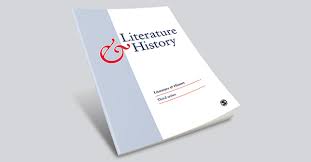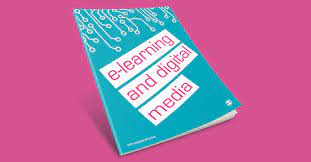
History students cannot live without memorizing dates. There will be many dates to remember, including dates of birth, dates of independence, dates of important events in history, etc. While at other times dates are only remembered for fun, history classes require students to associate events with times when they occurred. Therefore, it is important to learn to remember these important dates in history.
For history students in standard 10th, it is highly suggested to go through the CBSE class 10 social science syllabus before they start their preparation.
Here are some tips that will help students of history to memorize important dates and events easily and quickly:
Develop powerful visualizations for yourself
Create clear images that you can link to your chosen date for easy recall. If you want to remember the birth dates of famous people throughout history, associate this year with something strange and silly. For example, you can think of a photo of this person with a jacket written on the back this year.
Use Body Expressions
When you want to memorize the dates of someone who is known for doing certain things as great speakers, you can use this to remember the dates that they were born, died, or were assassinated. You may consider using your arms in conjunction with the mention of this date while letting your imagination run wild to show how they could have performed in public.
Organize dates in an easy-to-memorize format
Instead of just learning dates by chance, organize dates in a specific way that makes them more meaningful. It will help you remember them. In particular, this is done by organizing them in chronological order according to the occurrence of certain events. Think of a better way to organize and classify them so they are easier to remember.
Use letters instead of numbers
Think about how you can easily replace numbers with letters. For example, let’s say Z represents 0 and T represents 1 because they are very close to each other when you type. For example, suppose G is like a 6. That means 1606 can be written as TGZG to help you remember that this year marks a special moment in history. It is easier to memorize these letters than the numbers directly.
Use letters in a more detailed version
Beyond using letters for numbers, you can go one step further to use more detailed associations. For example, TGZG can be expressed with words like “Too good jealous George” when the quote has to do with someone known as “George”. Each time you read this statement, you will be able to read its details and easily remember that date.
Consciously focus on the data
Focus on the data you want to learn more about. Make a conscious decision to study them and always remember to study them. That way, you can remember most of them as you wanted them to stand out.
Studying in a repetitive process
As you study the data, you do so iteratively and more frequently. The more often you review the data over and over again, the more likely you are to remember it.
Use quotes
Let quotes be a part of your conversation. Do this when talking to classmates, family, and friends. This way they will stay in your mind with ease. You don’t have to wait for someone to start an argument, but do it yourself and enjoy it.
Here are some hacks that history students of class 10th can use for exams as well:
Fill in a few colours in your history book:
Grab a neon yellow highlighter or choose a bright pink or bright orange and mark all the important dates and events. Shade each key point as you find yourself and write it in colour. This will help you when you finally get ready for the boards. This allows you to easily review the pummeled information instead of going through the entire content of the book.
Add notes and annotations to different chapters:
Add annotations and footnotes to your text material and add important pages. You can also write a bulleted summary of the chapter on a flash memory card or fold the corners of important pages to create a dogear. They ensure better memories and facilitate learning. Initially, this will help you with faster reviews.
Make charts and timelines to connect important events:

Each chapter in the history book is filled with dates and events. Learning them by heart becomes a tedious task. Instead of learning different events separately, create a cumulative timeline that covers all the different events that have occurred.
Observe some visual cues:
Linking things to visual cues makes them easier to remember. Instead of relying on memorization, use eye cues. Making connections to parts of the text helps to underline a point and summarize things.
Add Historical Videos to Your Lessons

Watch short films and documentaries that describe historical events and increase your reading habits. As well as being informative, they are also entertaining and can be stress-busting. That is, it does not replace reading. So be careful not to get too busy with it.
Put your pen to practice
As the saying goes: Practice makes perfect people. No matter how many pointers and tips you use, they won’t produce any results until you write down what you learn. Divide each of the events you are investigating into causes, events, and consequences.
Conclusion
History as a subject is not a very easy one, remembering dates and important events is the most important part of studying this subject. However, it becomes difficult for students to learn and memorize them if they do not know how to! The above-mentioned tips and hacks will help make history an interesting subject and remembering important historical dates and events will be an easy task for whoever follows it!